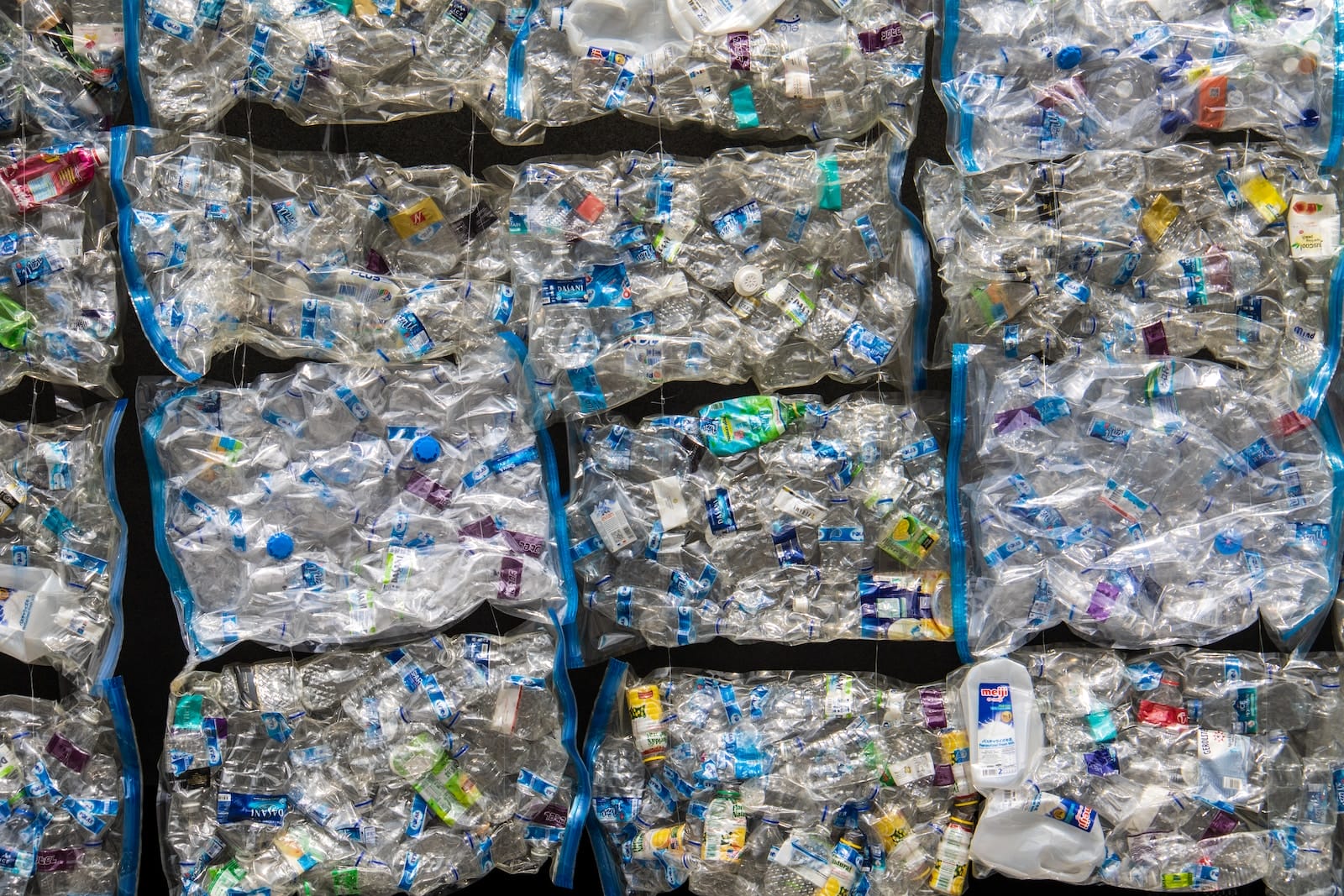You may have heard about the recent EU Green Claims Directive. But what does it mean for businesses? And what do you need to know today?
Read on for answers, or check out our recent Twitter Space, hosted by Contessa Cooper and featuring Thallo’s co-founder and sustainability expert Joseph Hargreaves, took an in-depth look at greenwashing and the new EU laws. The conversation was rich with insights on how these regulations are poised to reshape the future of corporate sustainability.
Let’s talk about the EU’s Green Claims Directive
The EU has a plan to keep an eye on what companies say about their eco-friendly efforts. This is part of their big plan to fight climate change and promote a greener future. But it’s still early days for this proposal, so there’s lots to discuss.
Greenwashing: the issue with green claims in the EU
Right now, over half of the green claims made by companies in the EU are confusing, misleading, or just plain false. Many companies rely on carbon credits to offset their emissions, for instance, in order to claim that a product or business is carbon neutral. But in this example, claiming something is carbon neutral doesn’t tell the consumer anything about what types of carbon offsets the company bought, how much they spent, and whether those credits are high quality. (Check out our recent Corporate Buyer’s Guide to Carbon Credits for more on this.)
Unfortunately, companies can be crafty when it comes to appearing greener. They might only set long-term goals without action today, or be vague about the specifics of the actions they are taking. Companies from H&M to RyanAir to Shell have all been accused of these instances of greenwashing, which mislead consumers about how committed they really are to the environment.
The EU wants to fix this by:
>>Setting up reliable methods to regulate these claims
>>Keeping a close eye on what companies are saying
>>Making things clearer for us, the consumers
Specifically, the EU Green Claims Directive lays down detailed rules on the substantiation, communication and verification of voluntary environmental claims and environmental labels used by traders that market products to EU consumers.
Through this approach, the directive:
>>Aims to ensure that environmental claims made by companies are accurate, verifiable and not misleading.
>>Applies to all environmental claims made in relation to products or services marketed in the EU.
>>Requires companies to provide evidence to support their environmental claims.
>>Introduces a common methodology for calculating the environmental impact of products and services.
>>Develops a system for verifying environmental claims made by companies.
>>Sets up a mechanism for enforcing compliance with the rules on environmental claims.
The United States is also pursuing similar efforts with the Federal Trade Commission (FTC) Green Guides, which are designed to help marketers avoid making environmental claims that mislead consumers.
The Green Guides state that:
>>Broad, unqualified claims that a product is environmentally friendly or eco-friendly should be avoided.
>>Claims should be qualified with specific environmental benefits.
>>Issuance of claims that are too vague or general should be circumvented.
>>Overstating an environmental attribute or benefit must be refrained.
The Green Claims Directive could be better
The Green Claims Directive is a good start, but it’s not perfect. Experts assert that it needs better tools to sort the good projects from the bad ones. Also, it only requires transparency on company websites and sustainability reports. But what about marketing materials or product packaging?
Further, it often overlooks Scope 3 emissions and could be clearer about carbon offsetting claims. But with some tweaks, it could be a powerful weapon against greenwashing.
The importance of transparency and ambitious targets
Transparency is the cornerstone of corporate sustainability. It’s not just about revealing current initiatives, but about showcasing the behind-the-scenes processes driving environmental efforts. Open disclosure fosters trust, allowing consumers and stakeholders to verify if businesses are truly ‘walking the talk’ in their journey towards sustainability.
Wrapping it up
The EU’s Green Claims Directive could be a game changer in regulating green claims and tackling greenwashing. Companies need to understand this directive to set realistic sustainability goals. There are a few kinks to work out, but it’s a chance for companies to be more honest about their environmental impacts. And in a time of climate change, we need companies to take immediate actions towards their ambitious goals. This directive could provide the framework for that.





